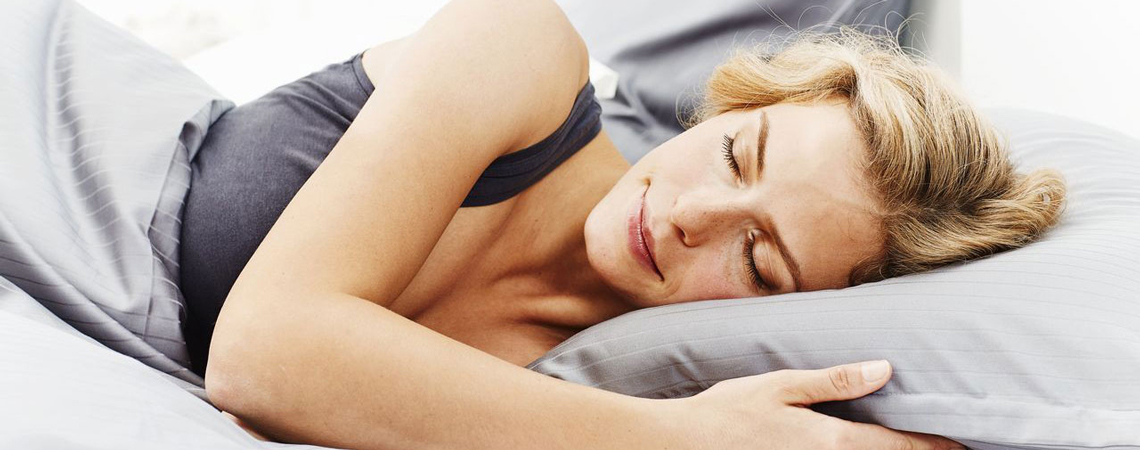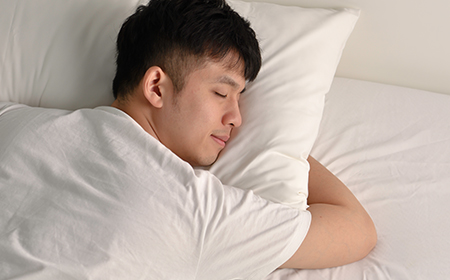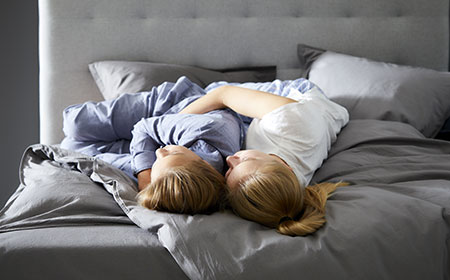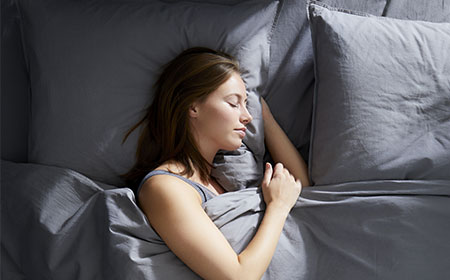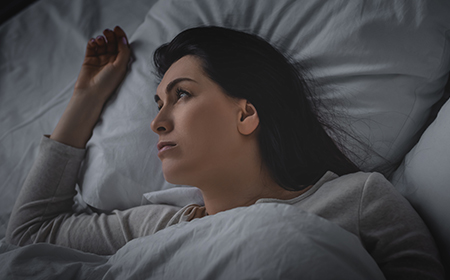Sleep is an essential part of our life and we spend an average of one-third of our life sleeping. But exactly how much sleep is best for you? Read on and find out what factors you should take into account and how much sleep you really need.
Get to know your sleep needs
Some people get too little sleep, others get the right amount of sleep or even too much. The trick is to find a level at which you feel rested. If you wake up by yourself before the alarm clock goes off, you have had sufficient sleep. If you function well during the day, that would also suggest that you are also getting the right amount of sleep. However, if you feel tired during the day then you should re-access the amount of sleep you're currently getting.
Many people live their lives according to the mantra that 7-8 hours of sleep is perfect. This is true for the majority of adults but there will always be exceptions. Some people by nature require a lot of sleep. The sleep specialist, Søren Berg calls these people “long sleepers”. Meanwhile, those people who get by fine with just a few hours sleep are known as “short sleepers”.
Age and health affect your need for sleep
The amount of sleep you need depends to a great extent on your age and the state of your health. Children and teenagers need a lot of sleep, because their bodies develop a lot while they're sleeping. The elderly and particularly young children also need to make use of some daylight hours to cover their sleep needs.
Researchers at the National Sleep Foundation have studied people’s sleep requirements at different stages of life. In the infographic, you can see the recommended level of sleep for your age group.

How does health affect your sleep?
Health also affects how much sleep we need as our bodies recuperate and regenerate cells when we enter the land of nod. If you're ill for a short period or suffer from a chronic illness, you will need more sleep than normal because your body is working to renew its cells. Medication can also lead to greater fatigue, resulting in a need to sleep more than usual.
Do the seasons affect our sleep?
The seasons are also important in terms of how much sleep we need. In winter there are fewer daylight hours and less light, therefore the brain produces more of the sleep hormone, melatonin. We generate melatonin when it's dark and this substance makes us tired. That is why sleep specialists suggest avoiding watching TV or focusing on other electronic screens in the last hour prior to bedtime, since this inhibits our production of melatonin, thus making it harder for us to sleep. Because our sleep is easily affected by light and darkness, there are many people who sleep a half hour or whole hour more during winter.
Can you sleep too much?
Most people wake up by themselves when they are rested. You should not sleep longer than that since this can make you over-tired and lethargic during the day. However, long sleepers do not necessarily get over tired if they sleep more than average because they naturally need more sleep.
You can attempt to sleep longer to catch up on lost sleep, but only for a short period e.g. after a tough week. However, this assumes that you are healthy. You cannot catch up on repeated lack of sleep over several months, as this can easily lead to health problems.
Sleeping more than necessary can turn into a bad habit. That is why it is good to be aware of how much sleep you need, and why sometimes you need more sleep than usual. If you have any concerns about the amount of sleep you are having, please see your local G.P.
